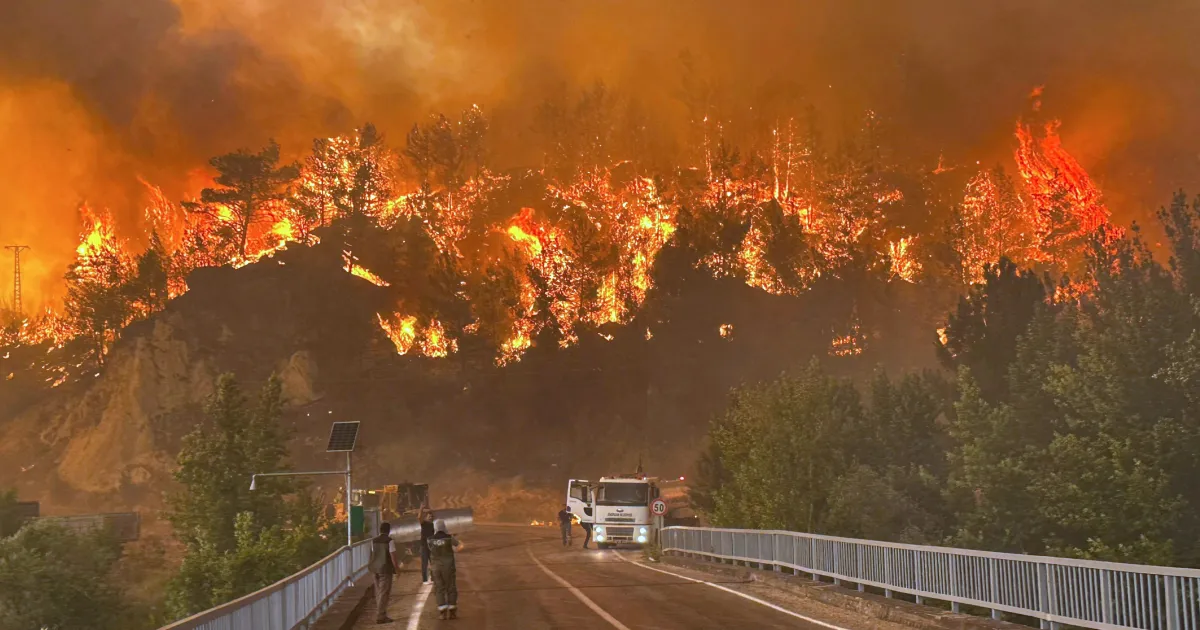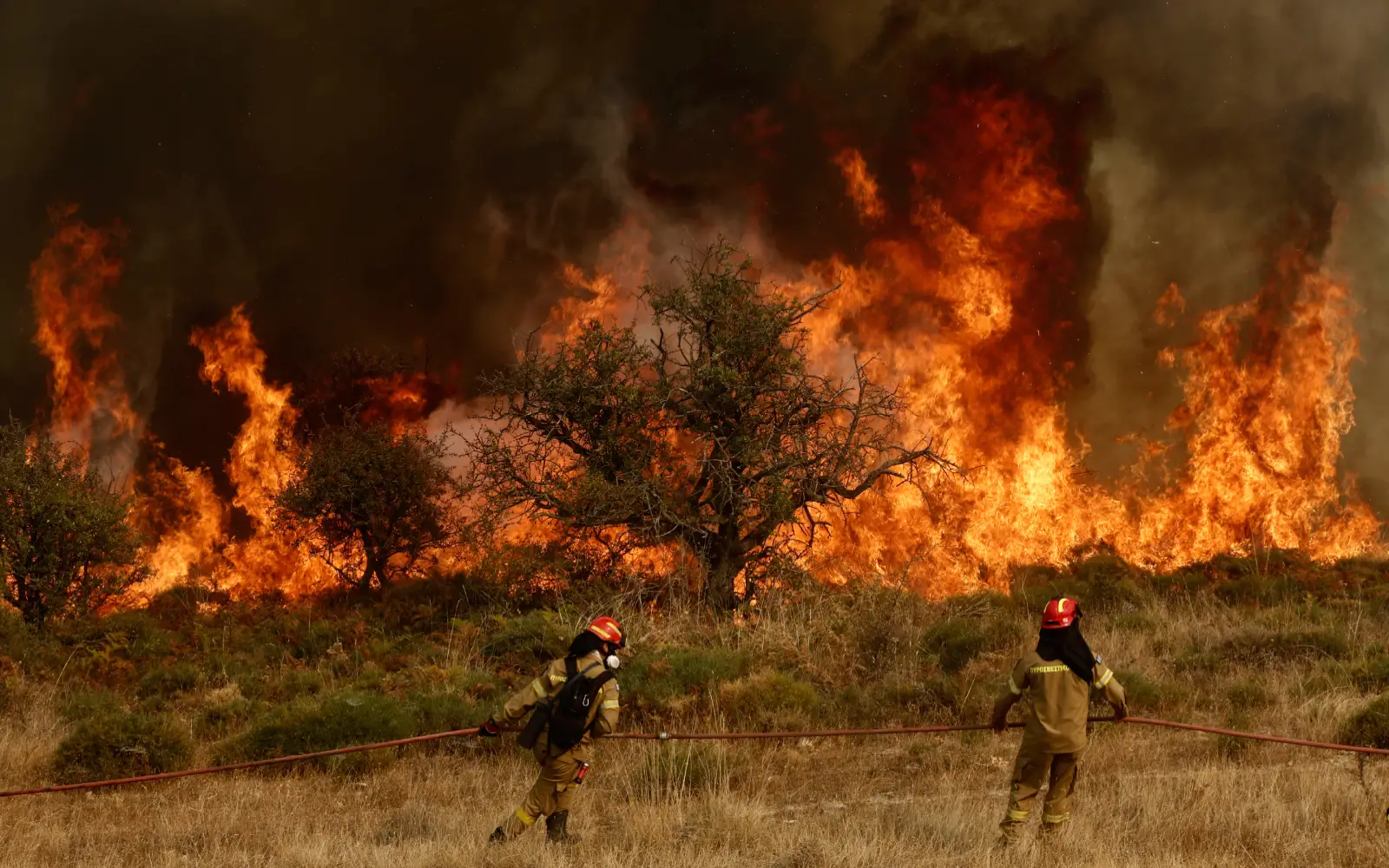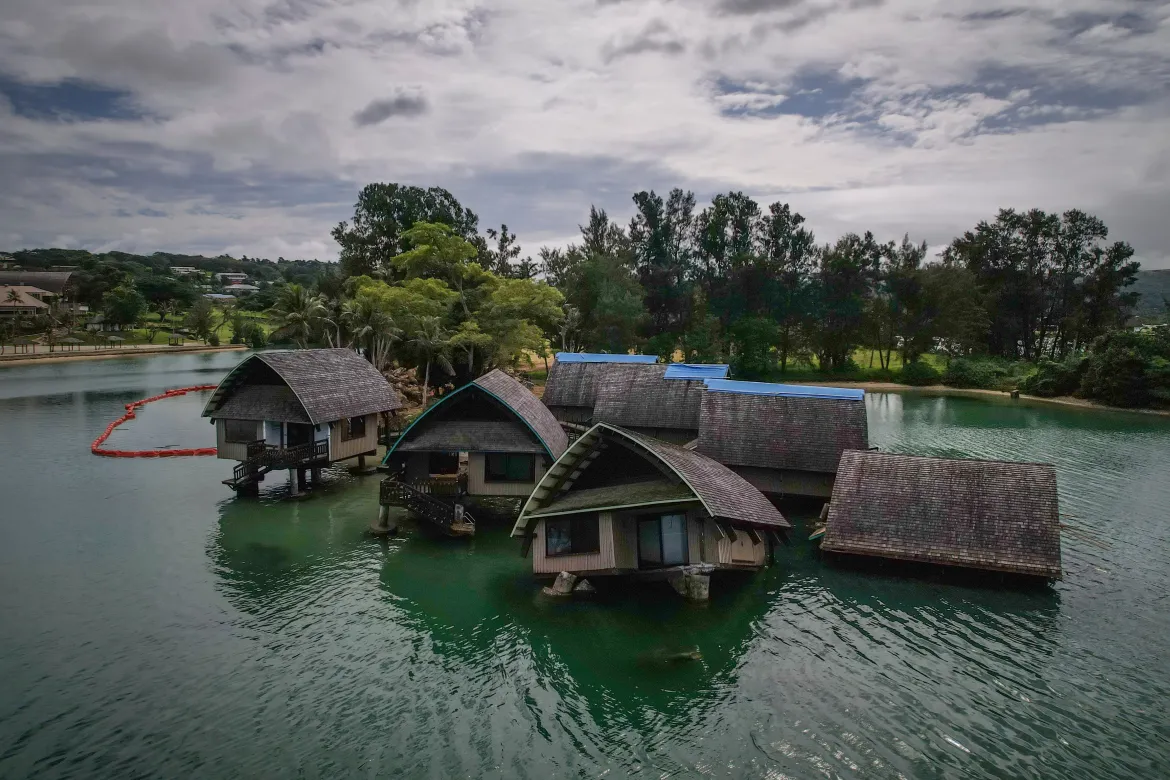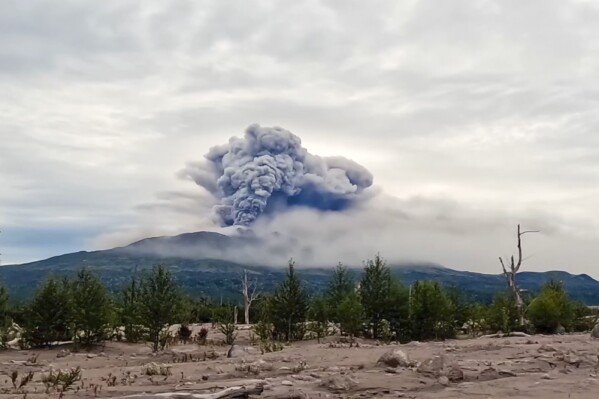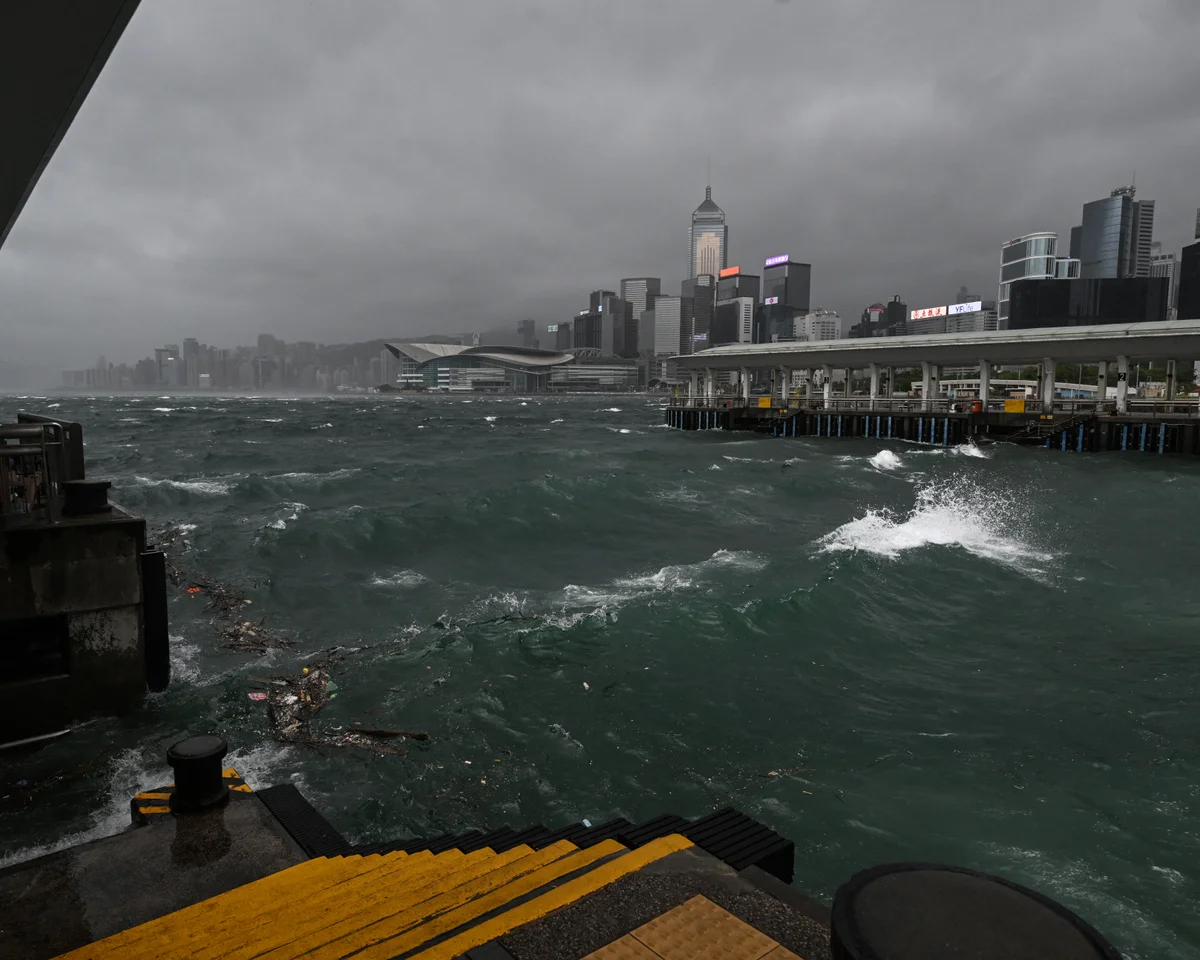“Bangladesh Faces Climate Crisis: Flooding Ravages Coastal Areas, Urgent Action Required”
Dhaka, Bangladesh – As Bangladesh grapples with an escalating climate crisis, coastal areas of the country are currently facing devastating floods.
“Bangladesh Faces Climate Crisis: Flooding Ravages Coastal Areas, Urgent Action Required”
Dhaka, Bangladesh – As Bangladesh grapples with an escalating climate crisis, coastal areas of the country are currently facing devastating floods. Rising sea levels, increased monsoon rainfall, and inadequate infrastructure have combined to create a perfect storm, leaving thousands of people displaced and in urgent need of assistance.
The coastal districts of Khulna, Satkhira, and Barguna are among the worst affected, with floodwaters inundating homes, farmlands, and infrastructure. The unprecedented scale of flooding has prompted the government to declare a state of emergency in these areas, appealing for immediate aid and support.
Experts believe that the severity of the flooding is a direct consequence of global climate change, which has led to a rise in sea levels and intensified monsoons in the region. Bangladesh, known for its low-lying topography and dense river networks, is particularly vulnerable to the adverse effects of climate change.
The coastal communities, already grappling with poverty and limited resources, are bearing the brunt of the crisis. Thousands of families have been forced to abandon their homes and seek shelter in overcrowded evacuation centers or on higher ground, often lacking basic amenities and necessities.
Rescue and relief operations are underway, with the government, NGOs, and international organizations working tirelessly to provide food, clean water, and medical aid to those affected. The Bangladesh Army and Coast Guard have been deployed to assist in evacuation efforts and ensure the safety of stranded individuals.
Climate activists and environmental organizations are calling for urgent action to address the underlying causes of the crisis. They emphasize the need for robust infrastructure development, including resilient embankments and early warning systems, to mitigate the impact of future floods.
The international community has also been urged to step up support for Bangladesh and other vulnerable nations facing the consequences of climate change. Adequate funding for climate adaptation and mitigation measures, as well as technology transfer and capacity building, are essential for developing countries like Bangladesh to tackle the growing challenges.
Bangladesh’s government has pledged to intensify efforts to combat climate change, seeking innovative solutions to protect its citizens from the increasing threat of floods and other climate-related disasters. This includes promoting sustainable development practices, investing in renewable energy, and advocating for global climate action.
As the nation struggles to cope with the current flooding crisis, it serves as a stark reminder of the urgent need to address climate change on a global scale. The situation in Bangladesh calls for immediate action and collaboration to ensure the survival and well-being of millions of people affected by the devastating consequences of climate change.




